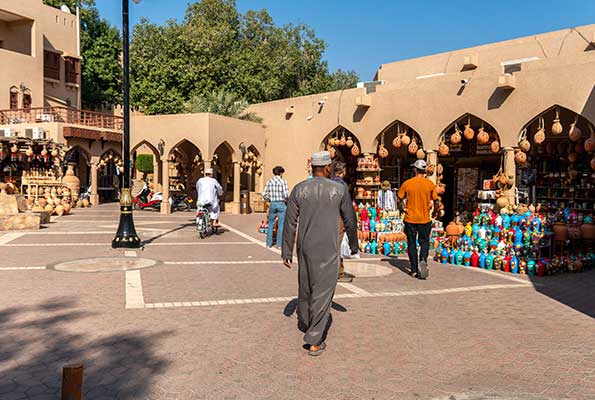The government of Oman is likely to establish an Early Warning System (EWS) for financial and economic crises, which will allow it to take preventative measures and lessen the impact on its financial system.
The Korea Development Institute (KDI) and the nation’s Tawazun program will carry out the project.
According to the Oman News Agency, a meeting co-chaired by Dr. Woong Seob Zhin, a former governor of the Financial Supervisory Service of Korea, and Nasser bin Khamis Al Jashmi, secretary general at the Ministry of Finance, saw the presentation of a simulation of the forecasting model.
By taking into account risks and economic uncertainties, an EWS gives signals that indicate the possibility of a financial crisis over a specific period of time, enabling the implementation of preventative measures to lessen the crisis’ impact on the nation’s financial system.
The Ministry of Finance in Oman developed the Tawazun program, also known as the National Programme for Budgetary Balance, in response to the country’s budgetary difficulties and rising oil price uncertainties.
The country’s Medium Term Fiscal Plan (MTFP) was created with the aim of achieving fiscal balance in the medium term for the years 2020-2024.
Meanwhile, the Sultanate of Oman has opened a second mining facility in the nation in the last ten months with the opening of a new cryptocurrency mining plant.
A data hosting and cryptocurrency mining facility has reportedly opened in the Salalah Free Zone, a special economic zone in the nation with low business taxes, according to the Oman Daily Observer.
The centre will be managed by a local business called Exahertz in association with Moonwalk Systems, a blockchain corporation with its headquarters in Dubai.
The facility, which reportedly cost 135 million Omani rials to build, will use the most recent Bitmain Technologies gear, and 15,000 computers are expected to be installed there by October 2023. It currently runs under a pilot regime with 2,000 units online and 11 megawatts of electricity consumption.



